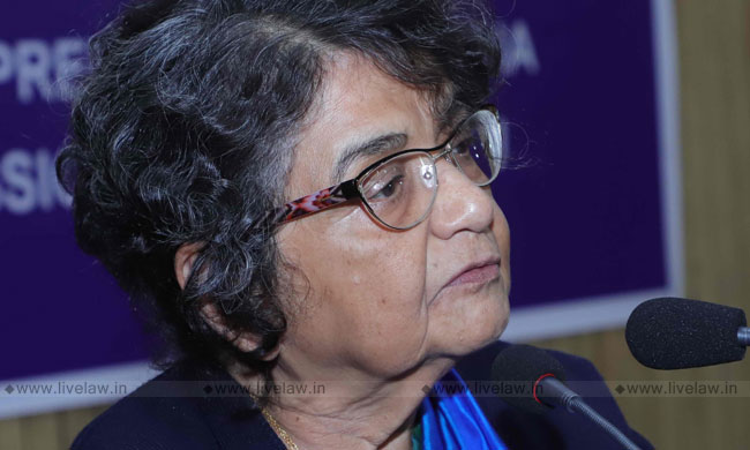Where Only Merit Is To Be Considered, Gender Is Irrelevant: Justice Rumapal
MEHAL JAIN
9 March 2019 10:07 AM IST

"If a woman is found to be equally competent as the man, only then should she be given preference over her male counterpart. Otherwise, not only will there be injustice to the court and, by extension, the litigant public, but also to the woman who is reduced to a mere gender in the process"
Next Story


